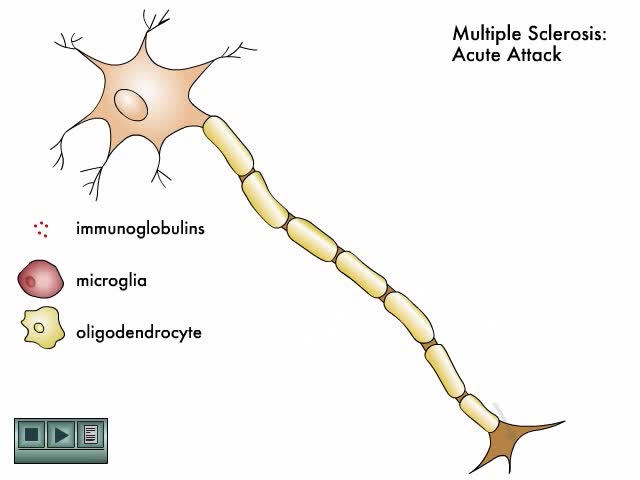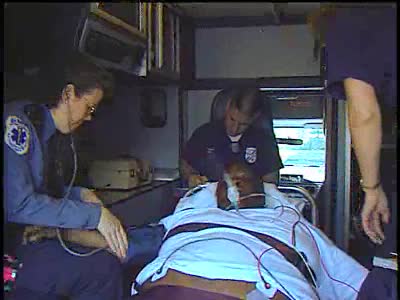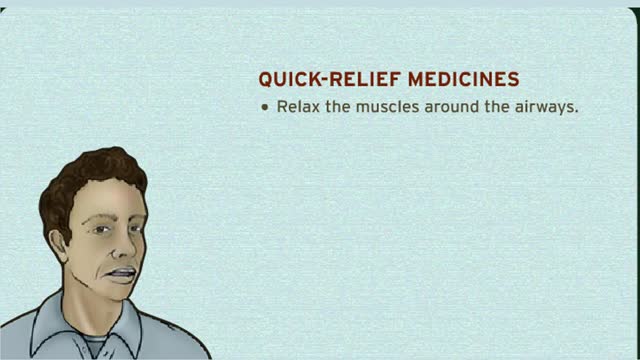Search Results
Results for: 'Panic Attacks'
Interview with Person who has Panic Attacks
By: Administrator, Views: 9667
Panic attacks are sudden periods of intense fear that may include palpitations, sweating, shaking, shortness of breath, numbness, or a feeling that something bad is going to happen. The maximum degree of symptoms occurs within minutes. Typically they last for about 30 minutes but the duration can...
By: Administrator, Views: 9892
Multiple sclerosis (MS) is a demyelinating disease in which the insulating covers of nerve cells in the brain and spinal cord are damaged. This damage disrupts the ability of parts of the nervous system to communicate, resulting in a range of signs and symptoms, including physical, mental, and so...
By: Administrator, Views: 9847
A heart attack occurs when an artery supplying your heart with blood and oxygen becomes blocked. Fatty deposits build up over time, forming plaques in your heart's arteries. If a plaque ruptures, a blood clot can form and block your arteries, causing a heart attack.
By: Administrator, Views: 10030
How smoking triggers asthma attacks and respiratory issues. Secondhand smoke is smoke from burning tobacco products, such as cigarettes, cigars, or pipes. Secondhand smoke also is smoke that has been exhaled, or breathed out, by the person smoking. Tobacco smoke contains more than 7,000 ...
How does asthma work?And How do you treat asthma?
By: HWC, Views: 5585
These are the parts of the respiratory system. Sinuses and Nasal Passages Mouth Windpipe (Trachea) Lungs Airways (Bronchial Tubes) Airsacs (Alveoli) When we breathe, air moves easily in and out of the lungs. The small airways are also called bronchial tubes. The side of the tube is...
Advertisement







